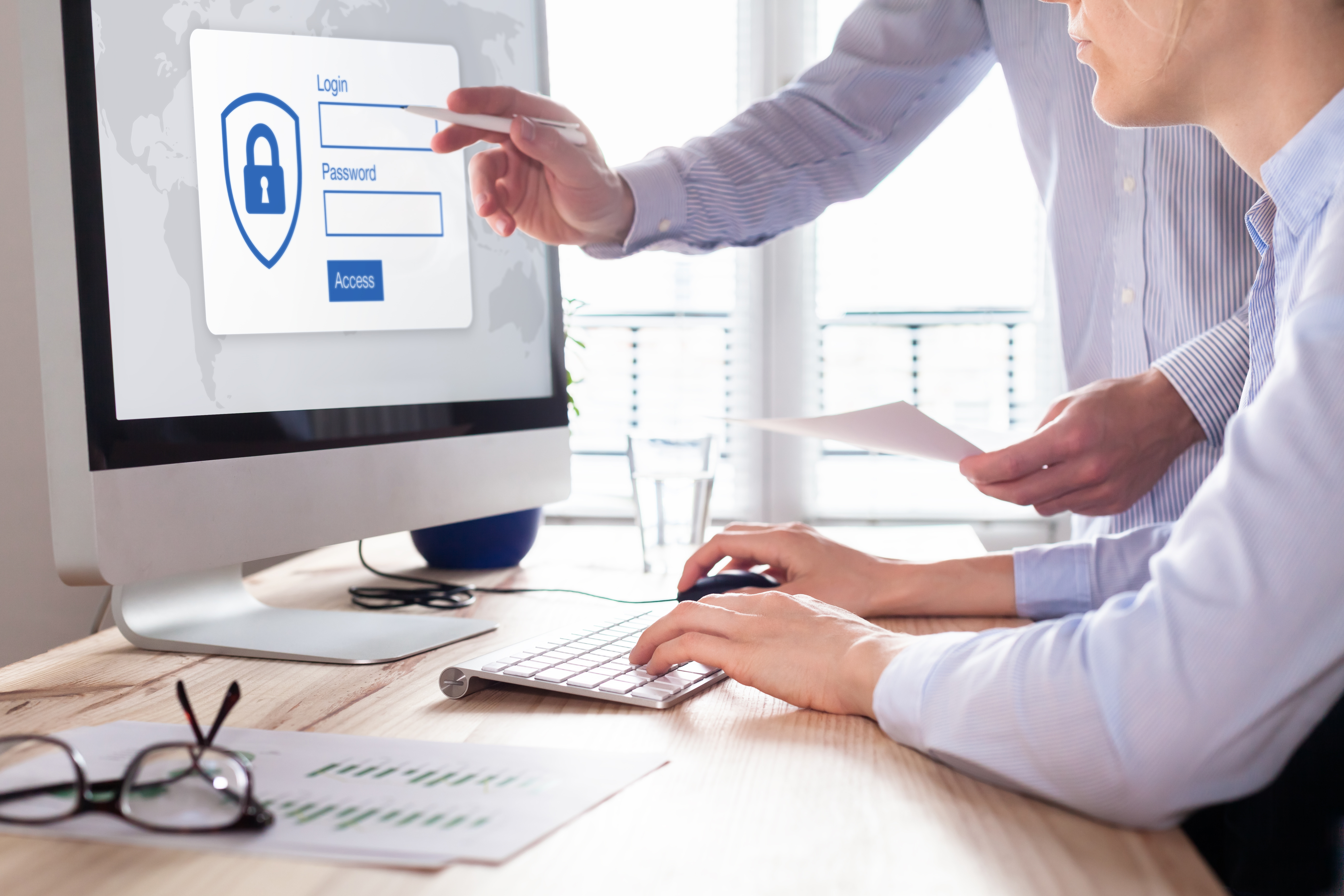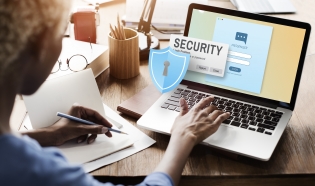Every day, hackers come online to try to steal your business information, your customer’s private data and personal details, and your company’s secrets. You can take precautions to prevent these attacks, but the question is; how do you secure your website? If you don’t have the right information about how to secure your website, you’re leaving vast numbers of potential victims exposed to these attacks.
When your website isn’t secure, the credibility and integrity of your website will decrease. Read more below to learn the importance of web security and the ways you can prevent hackers or cyber criminals from getting vital information from your business site.
What Is Website Security?
Website security is one of the most important things to consider, and everyone should pay close attention. You should be aware that cyber-criminals use the Internet and website vulnerabilities to break into websites and steal information. The best way to protect your website is to monitor and protect it from hackers attempting to break in and steal data. To do this, you must implement necessary security measures that will significantly improve your website's security.
When a website experiences security threats, it can harm its search engine rankings and cause damage to the company’s reputation. SSL is used extensively in the finance industry but is just as important for smaller businesses that want to ensure that sensitive information won’t fall into the wrong hands. It also helps ensure that employees accessing company information do not have unauthorized access. Encryption ensures that all employees have proper access and that data remains confidential and secure at all times.
When your business website has a mobile site or app, you should also be wary of developer hijackers, especially if you outsource mobile app development. You shouldn’t provide full access to other people or employees, especially if you’re unsure if you can trust them. Focus on protecting your website’s integrity, whether it be in mobile or desktop, and your related mobile or computer applications.

How Do You Protect Your Website?
There are many ways to make your website more secure. You need to implement necessary measures that will significantly improve your website’s security. Some of these are:
1 Update Software And Plugins
Once you decide to update your software or install new applications on your system, you will be given instructions about securing your website accordingly. You should follow these instructions carefully to ensure your website security seal. This way, if a hacker happens across your site, they won’t be able to access your data as this is a very common method for malware attacks.
In addition to keeping your plugins up-to-date, make sure that you also update your virtual patches frequently. There’s a possibility that a vulnerability to a particular plugin or web application firewall vulnerability has been found. These patches and updates help you prevent cybercriminals from exploiting such vulnerabilities.
2 Create A Strong Password And Username
One of the best ways to secure your site is to use strong passwords that can’t be easily guessed. One of the most common causes of data loss and password theft is the use of weak passwords or weak combination passwords. You should also make sure all employees using your system have strong passwords.
If you have multiple websites, you should consider downloading password managers to keep track of the passwords you have. Never use one password for all your accounts, as cybercriminals would easily hack it.
3 Use An SSL Certificate
When designing a website, you should consider using an SSL (Secure Sockets Layer) connection. This is the safest way to transfer information and to ensure that your website remains confidential. When data is sent over the internet, hackers can intercept your website's communications. SSL provides a way of ensuring that your website stays confidential by establishing a secure socket layer connection to your website.
SSL is an encryption standard that makes a secure website link from your webserver to your user's web browser. The security mechanism is provided by including an SSL certificate with your web host, which will display a green lock icon in the address bar of your browse.
Web engines commonly rate websites on several factors, including the extent of website security and privacy protection. High ratings are often given to websites that take full advantage of secure encryption to ensure that they remain confidential and safe.
Encryption occurs at various development stages, ranging from the request for information and design through SSL setup, implementation, maintenance, and testing. The encrypted information travels between you and the website owner through the ‘backchannel.’
The backchannel can be done via an encrypted session on a web service or over an unencrypted local network. Once the information reaches the website owner, he can validate and make decisions regarding the website. The website’s security and integrity are maintained by using certificates issued by a private Certificate Authority (CA) to serve as proof of authenticity.
4 Use Web Application Firewall
Never disable your web application firewall. A web application firewall is a type of security measure that helps control and limit the access that web applications have to the internet. In most cases, you should leave the web application firewall enabled. Although it’s tempting to disable these vulnerable plugins’ protection because you don’t feel that you need these particular plugins any longer, it’s effortless for a hacker with time on his hands to exploit these weaknesses.
Summary
You must learn how a security solution can increase your protection efficacy. By using the best website security software available, you can significantly reduce the amount of risk that hackers can bring into your business.
It’s a good idea to always keep your website security up to date because new vulnerabilities are being discovered every day. The purpose of website security is to help you keep your website safe, even as you continue to make changes and improvements to your website and its content. Aside from that, you should ensure you’re using a complicated password and never disable your firewall. Lastly, use an SSL connection to make sure your data remains secured and confidential.








